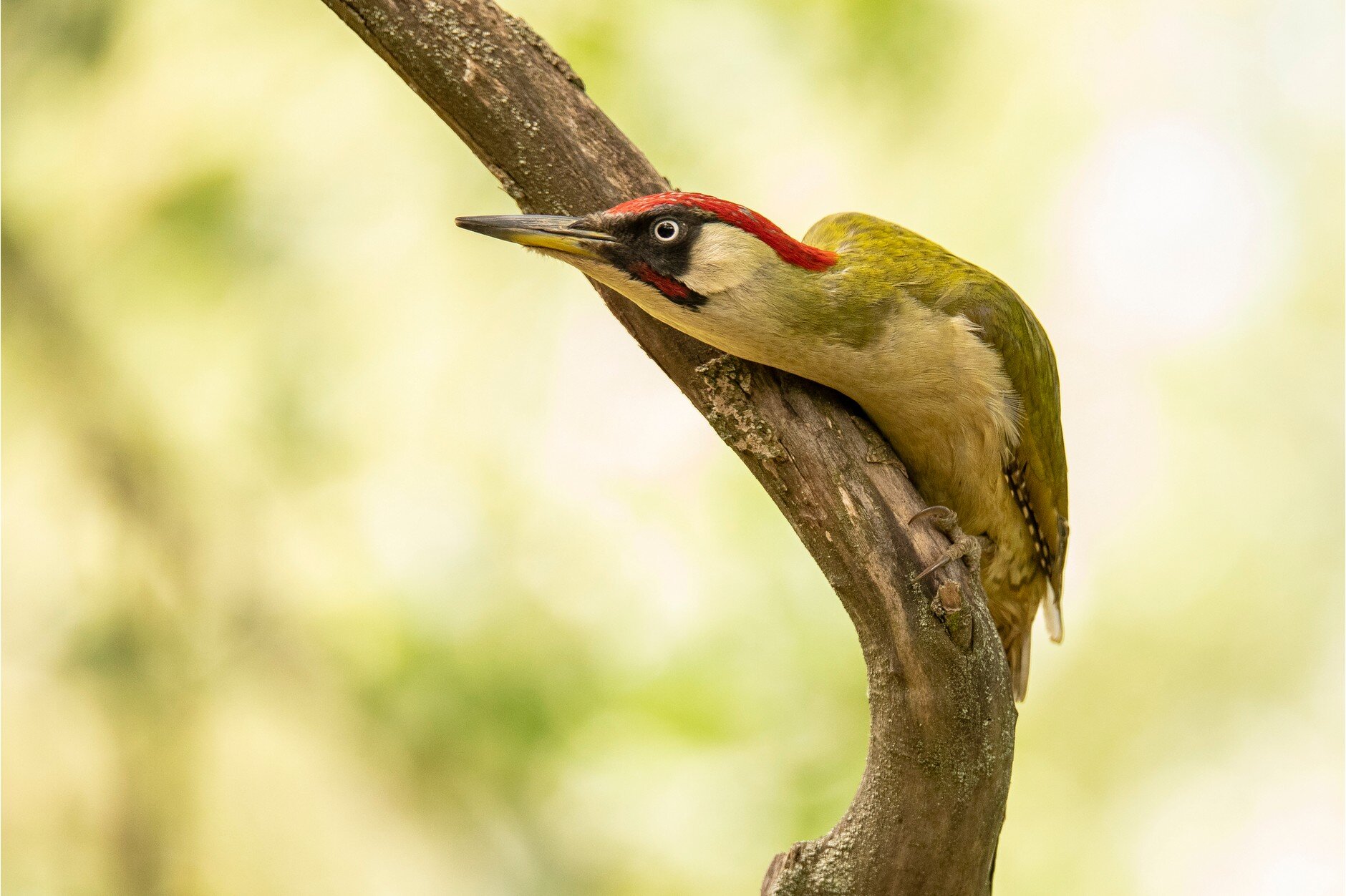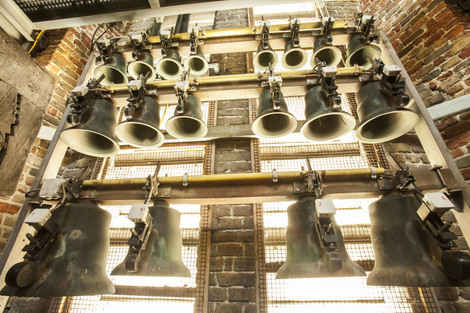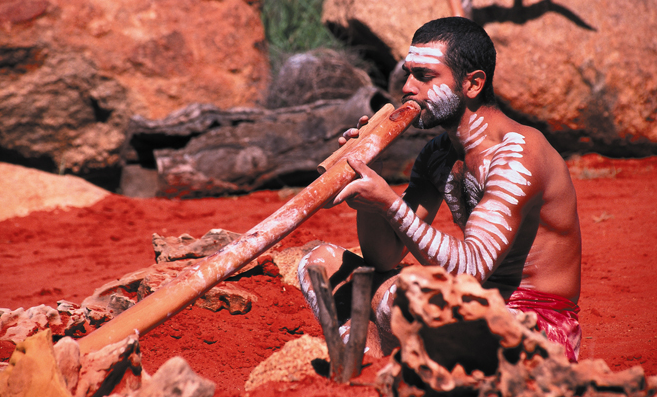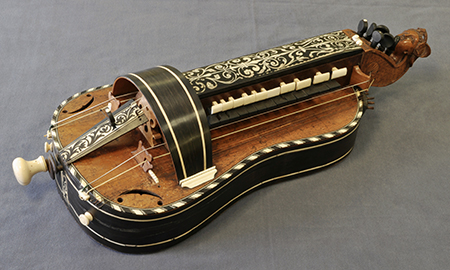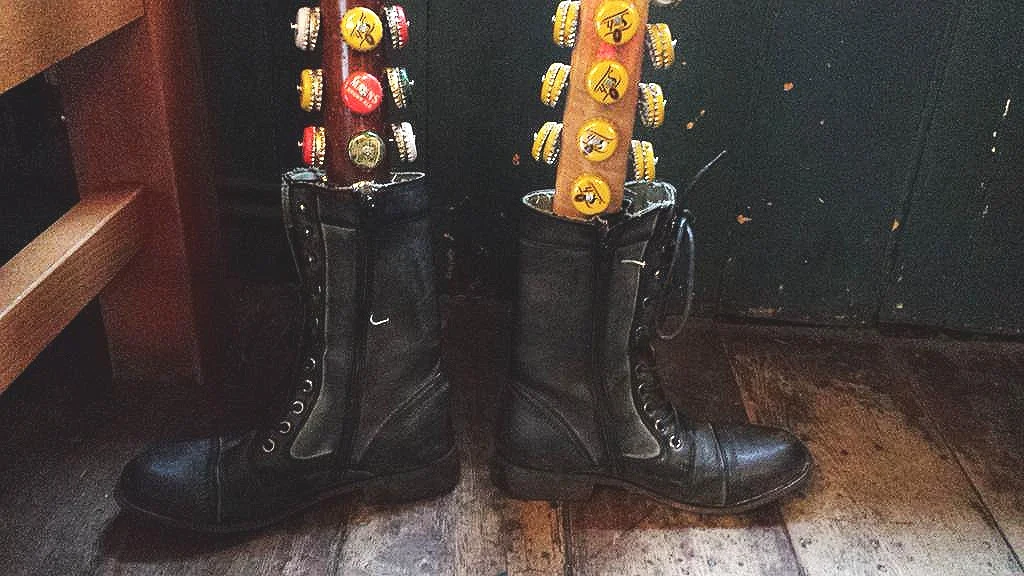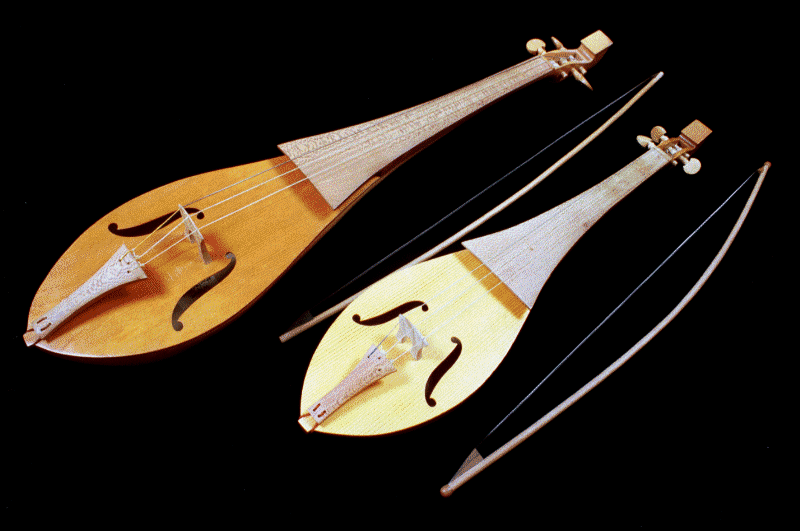Word of the week: A derivative of the French jus for juice, this rarely tasted mid-17th-century word means full of broth or soup, a deliciously evocative adjective that bubbles up a variety of associations, but does it appear in song?
Read moreWord of the week: jussulent
Miso soup







